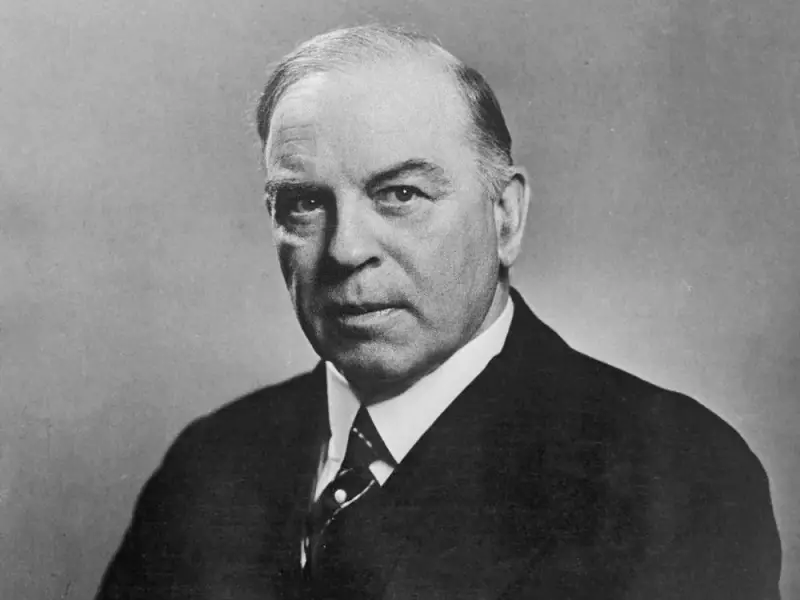
What was the secret behind William Lyon Mackenzie King's remarkable political longevity? The answer lies not in charismatic leadership or revolutionary policies, but in something far more calculated: pure pragmatism.
The Master of Political Calculation
Mackenzie King governed Canada for an astonishing 21 years, becoming the longest-serving prime minister in Commonwealth history. His success wasn't built on flashy rhetoric or bold visions, but on a carefully crafted strategy of practical decision-making that consistently kept him in power.
The Art of Strategic Compromise
Unlike today's politicians who often cling stubbornly to ideology, King understood that effective governance required flexibility. He famously avoided taking firm positions until absolutely necessary, allowing him to navigate complex political waters without alienating key constituencies.
This approach enabled him to maintain unity during some of Canada's most challenging periods, including the Great Depression and World War II. By prioritizing practical solutions over ideological purity, King built coalitions that transcended traditional political divisions.
Reading the Public Pulse
King's pragmatism extended beyond parliamentary maneuvering. He possessed an uncanny ability to sense shifting public sentiments and adjust his policies accordingly. This political intuition allowed him to remain relevant through multiple decades of profound social and economic change.
His diaries reveal a leader constantly weighing public opinion, calculating political risks, and making decisions based on what was achievable rather than what was ideologically perfect.
Lessons for Modern Politics
In an era of polarized politics, King's pragmatic approach offers valuable insights. His success demonstrates that:
- Practical problem-solving often outweighs ideological consistency
- Political longevity requires adaptability to changing circumstances
- Effective leadership means building broad consensus rather than pleasing partisan bases
While critics might label his approach as opportunistic, King's results speak for themselves. He left behind a Canada that had navigated global crises and emerged stronger, united, and positioned for postwar prosperity.
His legacy serves as a powerful reminder that in a diverse democracy like Canada, pragmatism isn't just a strategy—it's often the key to sustainable governance.





